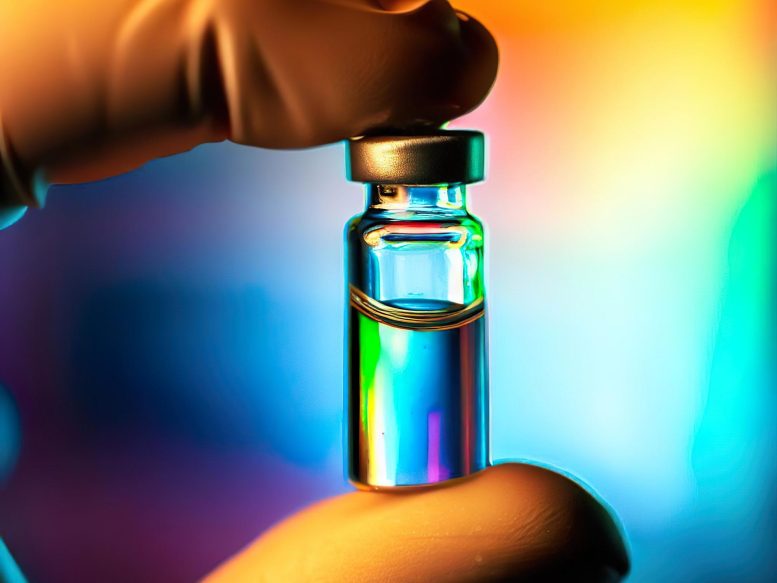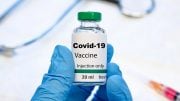
In a paper published in the journal Immunity, researchers from Monash University’s Central Clinical School have made a significant discovery that could revolutionize the longevity of vaccine efficacy. The team discovered that the key to long-lasting immunity after vaccination might lie in the generation of a unique subtype of immune cell that produces antibodies indefinitely. The research also revealed that there’s a maximum number of these long-lasting cells the body can maintain at any one time, typically residing in special sites like the bone marrow.
New discovery could revolutionize how all vaccines could be made to be longer lasting.
Researchers from Monash University have discovered that the key to long-lasting vaccine efficacy could be a unique subtype of immune cell that produces antibodies indefinitely. Future vaccines should focus on maintaining reservoirs of these cells in the body, potentially revolutionizing vaccine longevity.
The COVID-19 pandemic illustrates how variable vaccines can be in their length of efficacy, with regular boosters needed to keep people protected. In comparison, the immunity generated by a single vaccination against the measles virus can last decades.
It has always remained a scientific mystery as to why only some vaccines lead to life-long protection. Now a paper published in the journal, Immunity, led by Prof. David Tarlinton and Dr. Marcus Robinson, both from Monash University’s Central Clinical School in Melbourne, Australia, has found that the clue likely lies in the body producing a unique subtype of an immune cell in response to some but not other vaccinations. The finding could revolutionize how all vaccines could be made to be longer lasting.
Vaccines trick our immune cells into thinking the body has been infected. In response, we produce antibodies to fight off what is perceived as an infection. According to Dr. Robinson, “most vaccines work by generating high levels of antibodies against these invaders, but how long these antibodies persist in the body is highly variable by vaccine,” he said. “Now we know that the clue is in whether vaccines generate a special subtype of immune cell that produces antibody for long times to fight off infection indefinitely.”
Using an animal model, the researchers studied the lifespan of antibody-secreting cells, identifying surface markers on these cells that indicated longevity. The scientists used a method called ‘timestamping’, which effectively tracks individual antibody-secreting cells across their entire lifespan. “We found those cells with particular markers on them were more likely to be long lasting. They also expressed really distinct patterns of genes, so we think longevity is programmed into the cell.” Dr. Robinson said.
“It is these cells we need to target when developing vaccines we want to provide long-lasting protection.”
Importantly the researchers also found that there is a maximum number of these long-lasting antibody-secreting cells the body can hold at any one time, and they generally reside in special sites in tissues like the bone marrow – so improved vaccines will need to focus on maintaining these reservoirs of long acting cells, according to Dr. Robinson.
Reference: “Intrinsically determined turnover underlies broad heterogeneity in plasma-cell lifespan” by Marcus James Robinson, Zhoujie Ding, Mark R. Dowling, Danika L. Hill, Rosela H. Webster, Craig McKenzie, Catherine Pitt, Kristy O’Donnell, Jesse Mulder, Erica Brodie, Philip D. Hodgkin, Nick C. Wong, Isaak Quast and David M. Tarlinton, 9 May 2023, Immunity.
DOI: 10.1016/j.immuni.2023.04.015








Be the first to comment on "Eternal Shield: Science Breakthrough for Long-Lasting Vaccines"